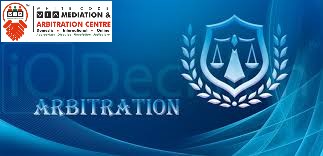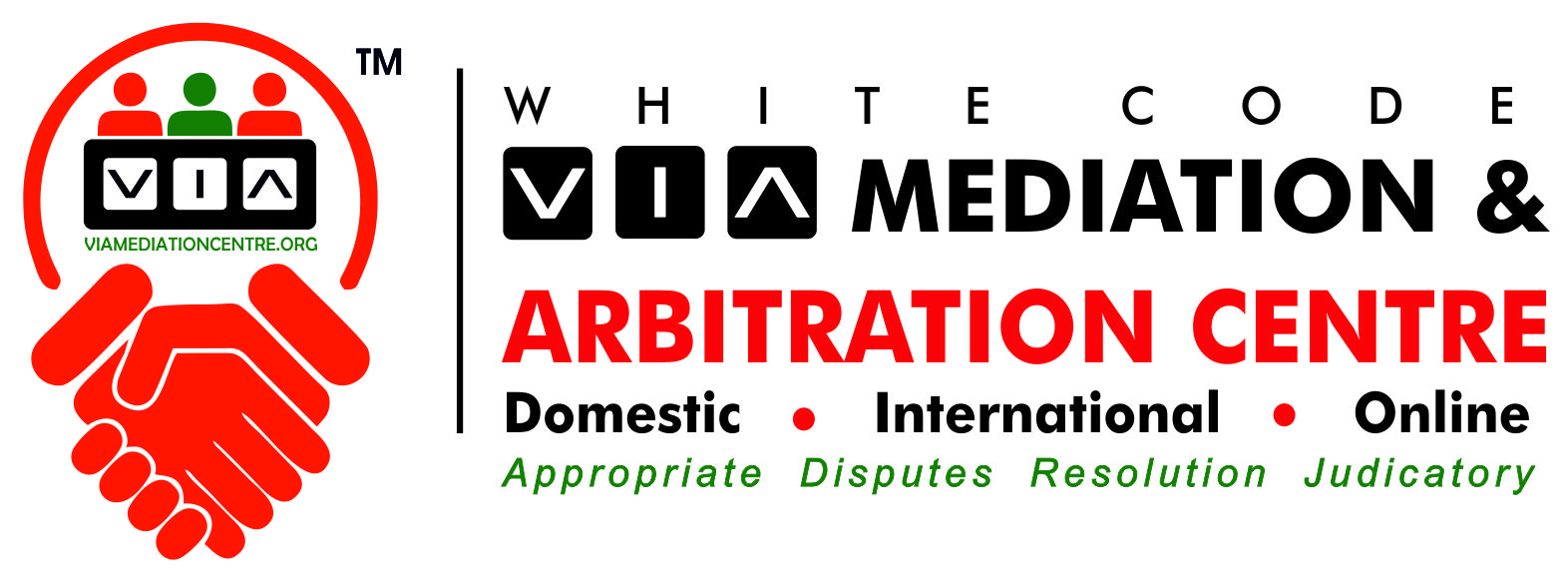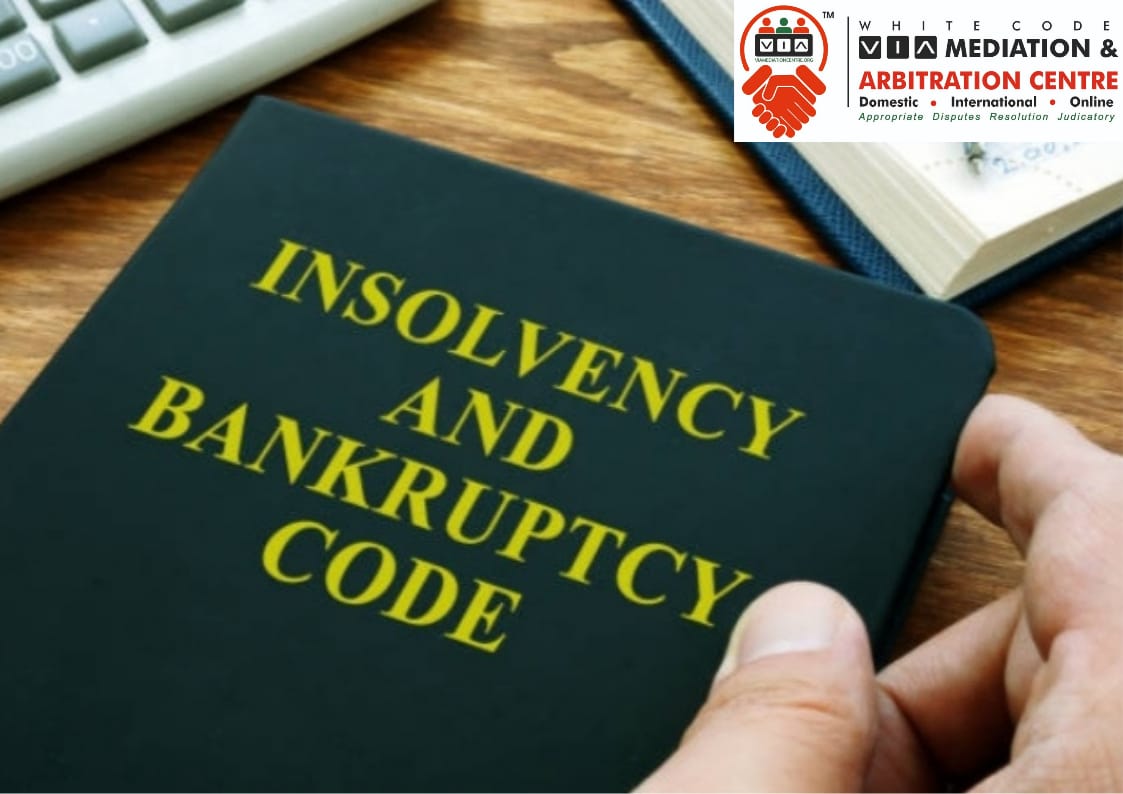Latest News
UK: New Arbitration Rules For Novel Technologies

UK: New Arbitration Rules For Novel Technologies
INTRODUCTION
The UK has established new Digital Dispute Resolution Rules to settle digital disputes incorporating novel technologies such as crypto assets, smart contracts, and distributed ledger technology in a ground-breaking move. A dispute resolution mechanism to solve blockchain-related conflicts is urgently needed when individuals and businesses rely on blockchain-based solutions. The guidelines provide a unique and forward-thinking way to resolve rapid, adaptable, and cost-effective digital disputes.
The UK Jurisdiction Taskforce recognised crypto assets as property under English law and smart contracts as legitimate and enforceable, a view backed up by the High Court of England and Wales.
SCOPE
Only digital asset systems are covered under the UK Rules. A crypto-asset, digital token, smart contract, or other digital or coded representation of an asset or transaction is defined as a digital asset under regulations. The digital environment in which such a digital asset occurs is referred to as a digital asset system. The UK Rules, on the other hand, do not automatically apply to any digital asset system. The parties must expressly incorporate them into a contract, a digital asset, or a digital strategy before a dispute arises or later consent for them to take effect.
WHAT’S AUTOMATIC DISPUTE RESOLUTION.
The UK Rules offer a novel idea known as "automatic dispute resolution" or "on-chain" resolution, which allows an arbitrated decision to be executed immediately on a blockchain by the arbitrator using a private key. For example, the arbitral tribunal could order the losing party to deposit compensation automatically into the won party's digital wallet on a blockchain. The tribunal also has the authority to use any digital signature, cryptographic key, password, or other digital access provided to it to operate, edit, sign, or cancel any digital asset relevant to the dispute. The tribunal can also order any party to take such action.
Any dispute binds parties settled through automatic dispute settlement. However, the UK Rules do not require the use of automatic dispute resolution for digital assets. The parties can change the rules' applicability to their dispute and seek an award enforced through traditional methods.
ARBITRATION PROCEDURE
To eliminate delays and procedural bottlenecks, the UK Rules attempt to provide a quick arbitration procedure. While the English Arbitration Act, 1996, is the governing law, parties and the arbitral tribunal have the liberty to use any method that better serves the dispute. Parties can agree on the number of arbitrators, their technical qualifications, expert determination of any issue instead of arbitration, the procedure to be followed, including the timeframe for resolving the dispute, and any changes to the UK Rules before the start of the arbitration.
The claimant delivers notice to the party against whom the claim is brought for the arbitration proceedings (the respondent). The respondent(s) has three days to respond to the claimant's notification with an initial response. Following that, the selection body will appoint specialised arbitrators with the required technical expertise to decide the current digital dispute. Unless the parties agree to a different timeframe, the arbitral tribunal, which consists of a panel of specialised arbitrators, must settle the issue within 30 days. The tribunal has complete discretion in conducting the arbitration and can use any procedure it sees fit as long as it acts fairly and impartially and consults the parties. While the tribunal is required to provide each party with a reasonable opportunity to be heard, no party is entitled to an oral hearing. Any issue can be decided exclusively based on written submissions by the tribunal.
This Article Does Not Intend To Hurt The Sentiments Of Any Individual Community, Sect, Or Religion Etcetera. This Article Is Based Purely On The Authors Personal Views And Opinions In The Exercise Of The Fundamental Right Guaranteed Under Article 19(1)(A) And Other Related Laws Being Force In India, For The Time Being. Further, despite all efforts made to ensure the accuracy and correctness of the information published, White Code VIA Mediation and Arbitration Centre shall not be responsible for any errors caused due to human error or otherwise.
- SCOPE
- WHAT’S AUTOMATIC DISPUTE RESOLUTION.
- ARBITRATION PROCEDURE







































































































































































































































































































































































































































































































































































































































































































































































































































































































































































































































































































































































































































































































































































































































































